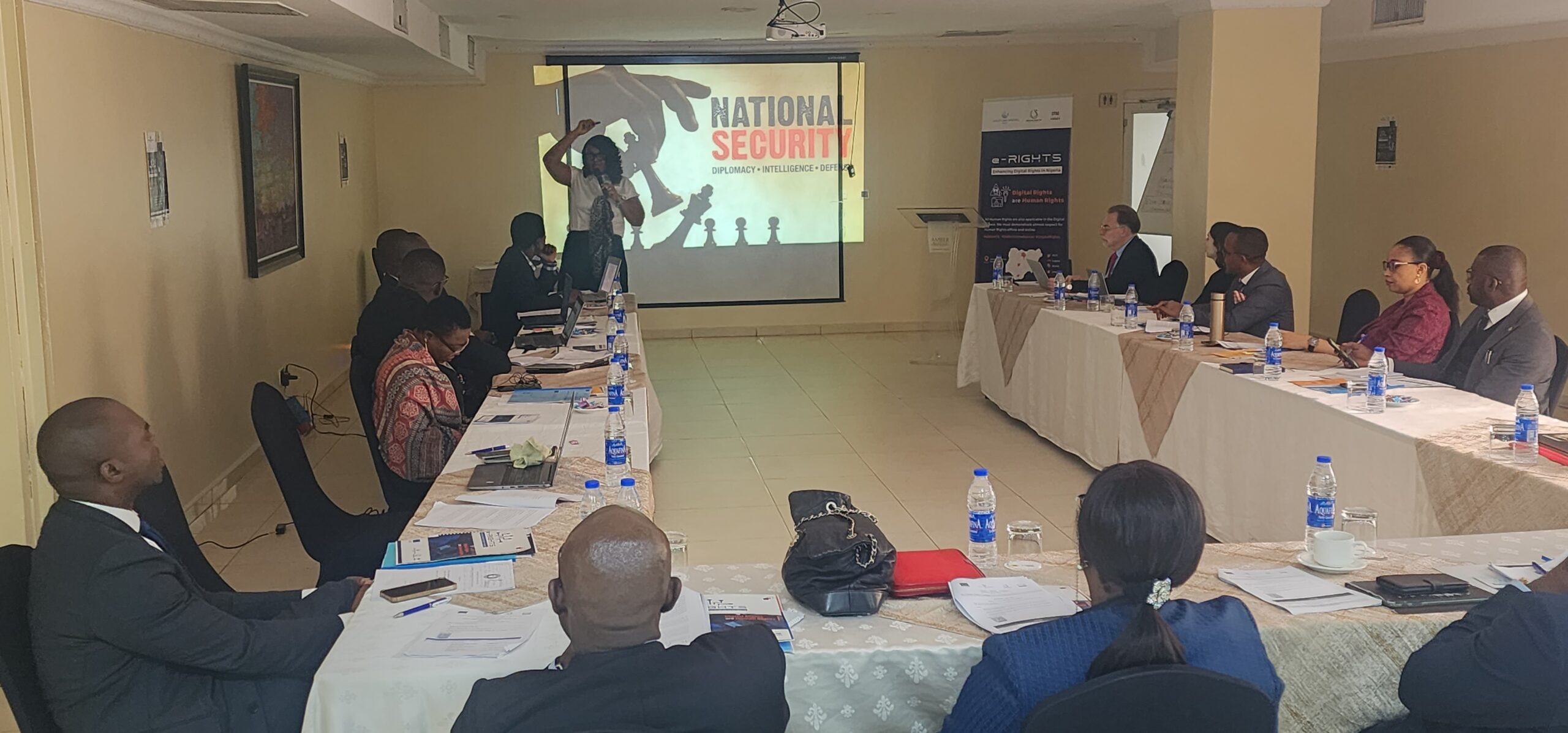
At what point do civic freedoms—especially free speech expressed online—cross the red lines of national security? Under what circumstances can citizens’ fundamental rights be limited in the name of national security? How can Nigerian judges strike a healthy balance in their judgments and rulings in cases involving tensions between security and human rights? A four-day training on Digital Rights Concepts, Case Laws and Norms for judges, magistrates, and lawyers in Lagos and Imo States explored answers to these questions. Spaces for Change | S4C partnered with Avocats Sans Frontières France (Nigeria) with support from the European Union to facilitate the training held between January 29 – February 2, in Lagos.
The right to free expression online, or digital rights, is a relatively new and developing area of law in Nigeria. A plethora of national laws have yet to be updated to reflect the magnitude of technological advancements that have transformed how citizens exercise their civic freedoms and participate in the governance affairs of the country. As exemplified by the #ENDSARS protests and the Twitter suspension in Nigeria, serious tensions arise when digital rights are limited, especially under the guise of national security. Lawyers and judges handling such cases often face ethical and jurisprudential dilemmas due to the lack of precedents or their limited knowledge of technological concepts, norms, and trends.
At the training, participants learned about the national, regional, international, and particularly European legal standards undergirding human rights in the online space. S4C shared extensive research evidence showing the impact of policy and regulatory frameworks on digital rights, with particular emphasis on the indiscriminate importation and use of spyware, massive surveillance, and compulsory data collection schemes. The presentation also examined in great depth, the constitutional derogations from fundamental rights on the grounds of national security concerns, provoking tough debates revolving around circumstances that satisfy the threshold of reasonable justification in a democratic society.
At the end of the training, elated participants thanked the organizers for the fresh insights and deeper knowledge of digital rights they gained. They resolved to return to the courtrooms with a better understanding and dexterity to contribute to the development of jurisprudence in this fairly new and evolving area of law. The trained lawyers will be integrated into a pro bono network of attorneys ready to assist victims of crackdowns on the digital space.



